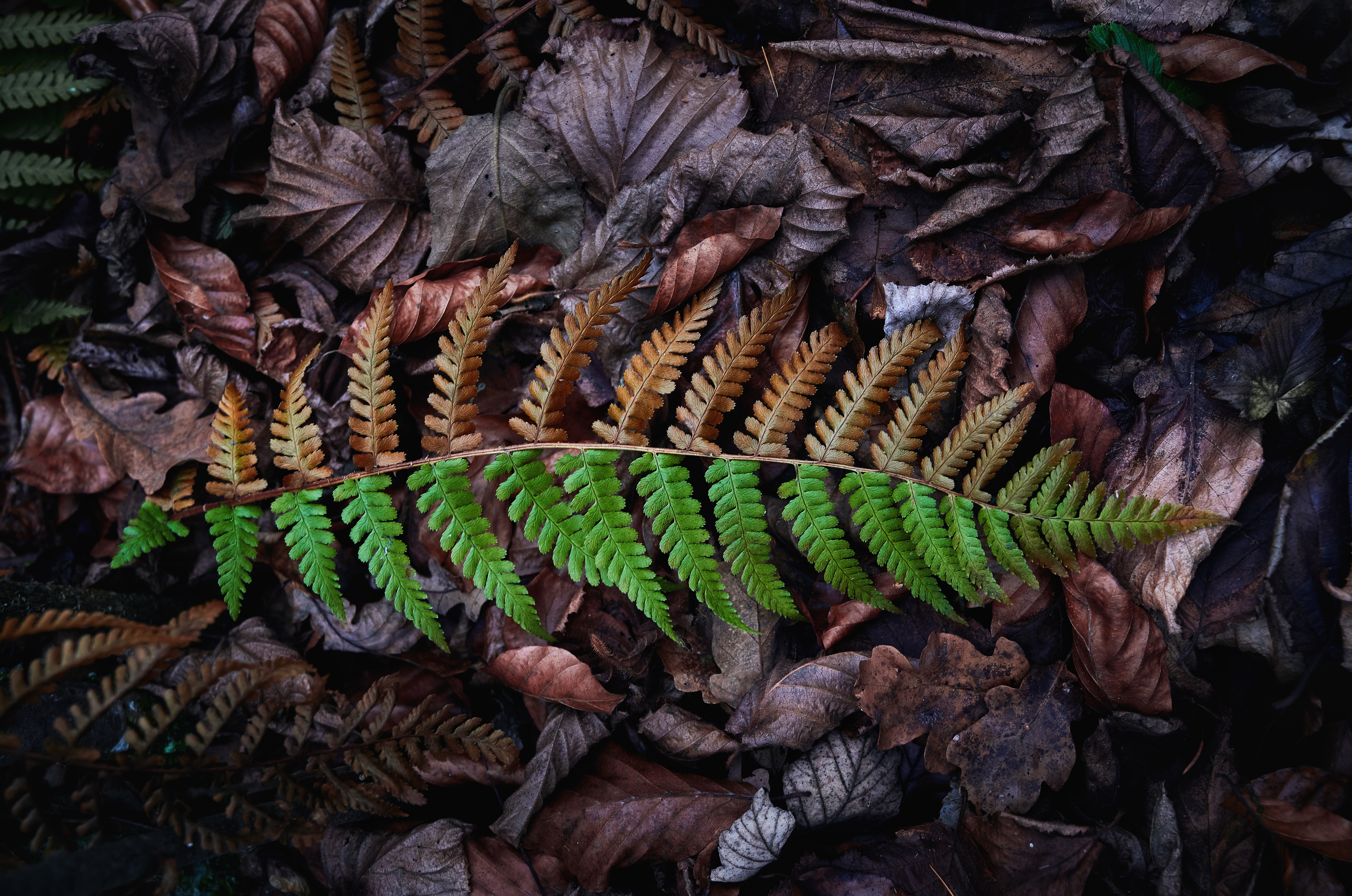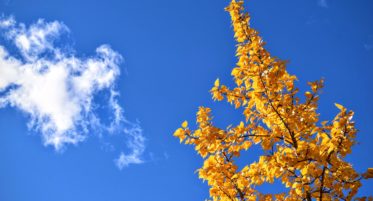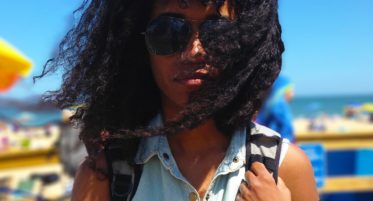
Prompt Images
I find myself transfixed by the duality of this evolving pandemic, almost like the two faces of Harvey Dent in Batman: The Dark Knight. One side is unassuming, mild, business-as-usual; no clues to what may lie underneath, or what is coming. The flip side is treacherous: primal, frightening, a harbinger of suffering, and perhaps, death.
I can’t help but realize, too, that everything as we know it is profoundly changing.
In the future, we will come to think about this time in terms of Before, and After.
For some, the anxiety (and even panic) is very real. For me, I have not yet been affected personally, aside from some minor inconveniences. As a writer and as an introvert, I don’t find it difficult to stay home and think about things all day. So this evolving situation doesn’t feel terribly awful, or even crazy (though I know this will quickly change should people I care for begin to fall ill).
At this moment, it seems to me that our lives Before were unsustainable.
Flying around doing too many things at once. Sitting in traffic, going nowhere. Road Rage. Stress. Existential unfulfillment. Inability to stop. Too busy to talk to each other, to eat a meal together, to breathe, to be real.
Now feels more to me like the way things should be.
Quiet. Introspective. Kind. Thoughtful. Caring. Honest, both with ourselves and with each other. Noticing things we’ve been blind to while we rushed around, busy with stuff that doesn’t really matter.
We now have the opportunity to use this situation as a mirror into ourselves and the world.
To allow it to shift us, to force us to confront our true thoughts and feelings. To be aware of our behavior, and how it affects this greater world we live in. We are all in this Together.
It invites us to rethink our unconscious biases. Refuse to blame the region from which this sickness first surfaced. Remember instead: that same part of the world has given us many things now indispensable to modern life: paper, printing, gunpowder, the compass; advances in mechanics, hydraulics, astronomy, agriculture, and engineering. That region has offered huge contributions to the world in terms of ethics, morals, social values, and higher levels of thought; it is where Confucius lived, and thought, and created the Golden Rule. He encouraged people to cultivate their inner selves and create harmony between their inner selves and the external world.
“Life is really simple,” Confucius wrote, “but [humans] insist on making it complicated.”
As a writer and a thinker, I also can’t help comparing what I’m witnessing now to what happened historically with the Black Death. The Plague, like our modern pandemic, primarily attacked those who were elderly and those who were already ill. Before the Plague, life was unsustainable—“nasty, brutish, and short,” according to Thomas Hobbes. There was not enough work to sustain the population, leading to the rich taking advantage of the masses, with the masses toiling in inhuman conditions for barely livable sustenance.
While our world economic situation today is of course not the same, that is not to say that the world now is not in crisis.
Housing is in short supply, and often too expensive for many to afford. Those working for so-called minimum wage can barely make ends meet. Racism and classism are still prevalent. The earth’s climate is damaged, perhaps irreparably, due to our refusal to back off from our frenetic pace. Like the Middle Ages before the Black Death, we have created an unsustainable system.
However, as I watch news feeds cover the wondrous reduction in pollution as a result of the virus, I realize that, just as in the 1300s, Nature is stepping in and clearing the air. Just as She always will, if we allow her to. By forcing society to stop, readjust itself, and pick up the pieces, Nature will create a better world by enabling the growth of a new environment for survivors to flourish.
The lessons here are real, if we are willing to see them.
Have courage. Let go. Allow what is coming (it may be better than what we previously knew). Use this time to get to know yourself, to cultivate your internal garden. Commit to liking yourself. Allow this time to be the gift it has the potential to be.



